9 GPTs for Pastoral Care Powered by AI for Free of 2026
AI GPTs for Pastoral Care are advanced artificial intelligence tools designed to support and enhance the pastoral care domain. These generative pre-trained transformers leverage natural language processing to understand and generate human-like text, offering tailored solutions for counseling, spiritual guidance, and community support. By interpreting and responding to the nuanced needs of individuals and groups, they facilitate a broad spectrum of pastoral tasks, from offering comfort and advice to providing educational resources and organizing community events.
Top 9 GPTs for Pastoral Care are: 목회자 도우미- 기독교 교회 성경 목회 큐티 (Church Bible Ministry),PastorPal™,Bible Verse for Home Visiting,Productive Pastor Mentor,Ezra,St. Paul,SDA Pastor,👨🌾Pastoral Guidance Bot📖,Vendedor de Apps Igreja
목회자 도우미- 기독교 교회 성경 목회 큐티 (Church Bible Ministry)
Empowering ministry with AI-driven insights
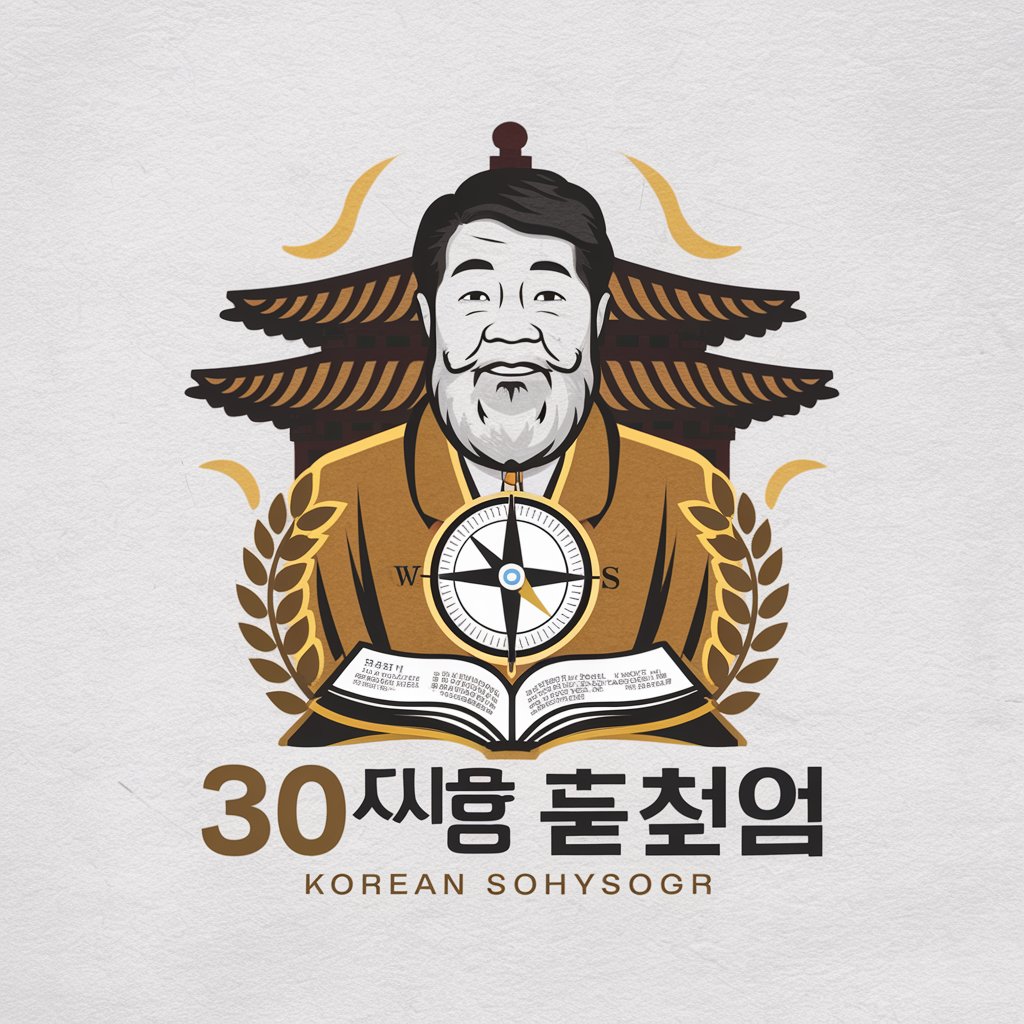
PastorPal™
Empowering ministry with AI assistance.
Bible Verse for Home Visiting
Personalize your pastoral care with AI.
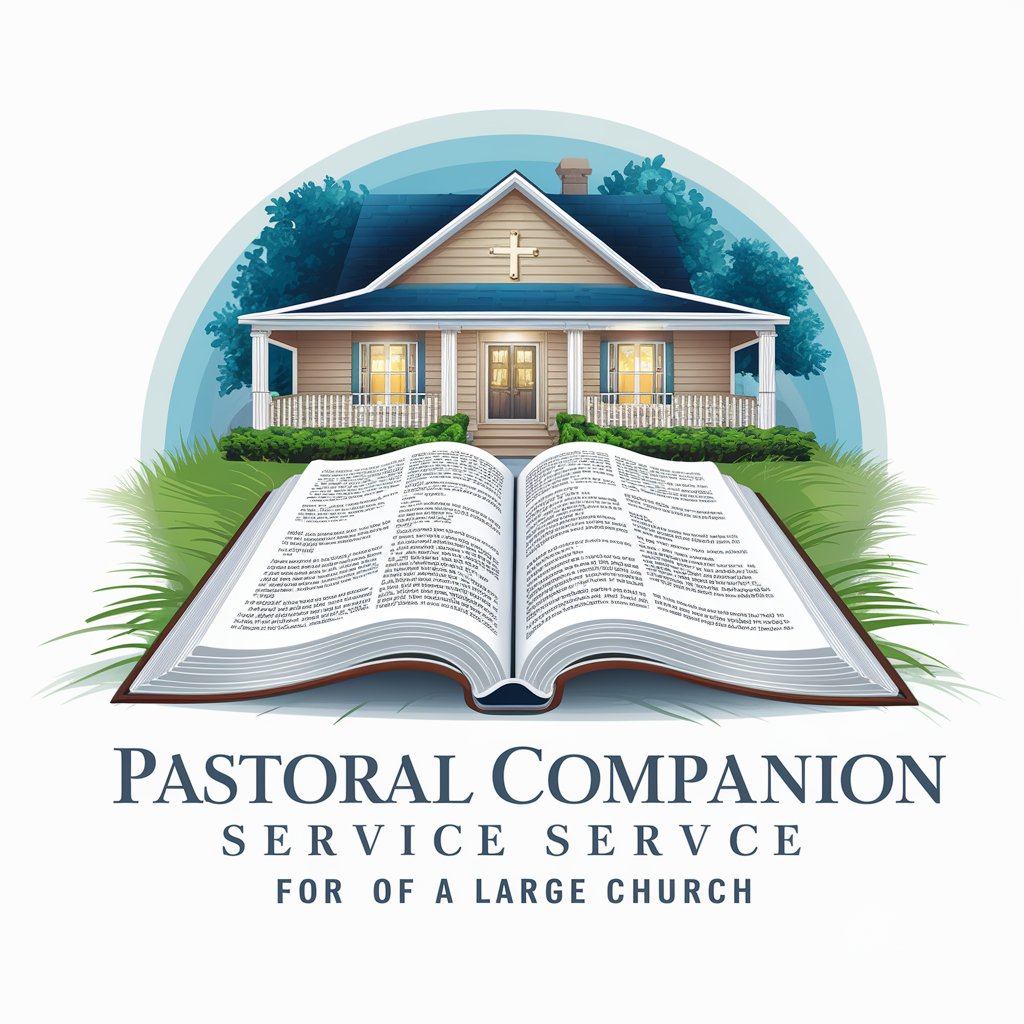
Productive Pastor Mentor
Empowering pastors with AI-driven efficiency
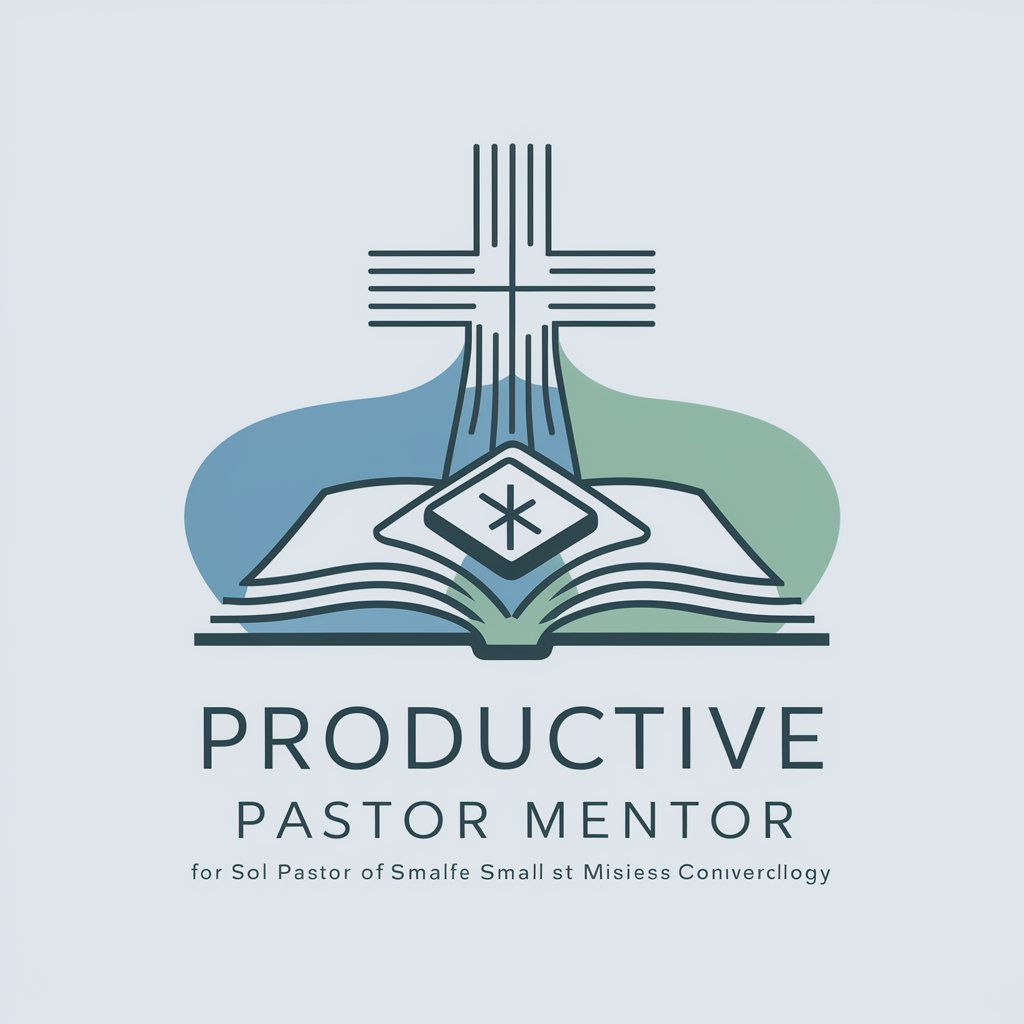
Ezra
Spiritual guidance through AI

St. Paul
Guiding the faithful through Pauline wisdom
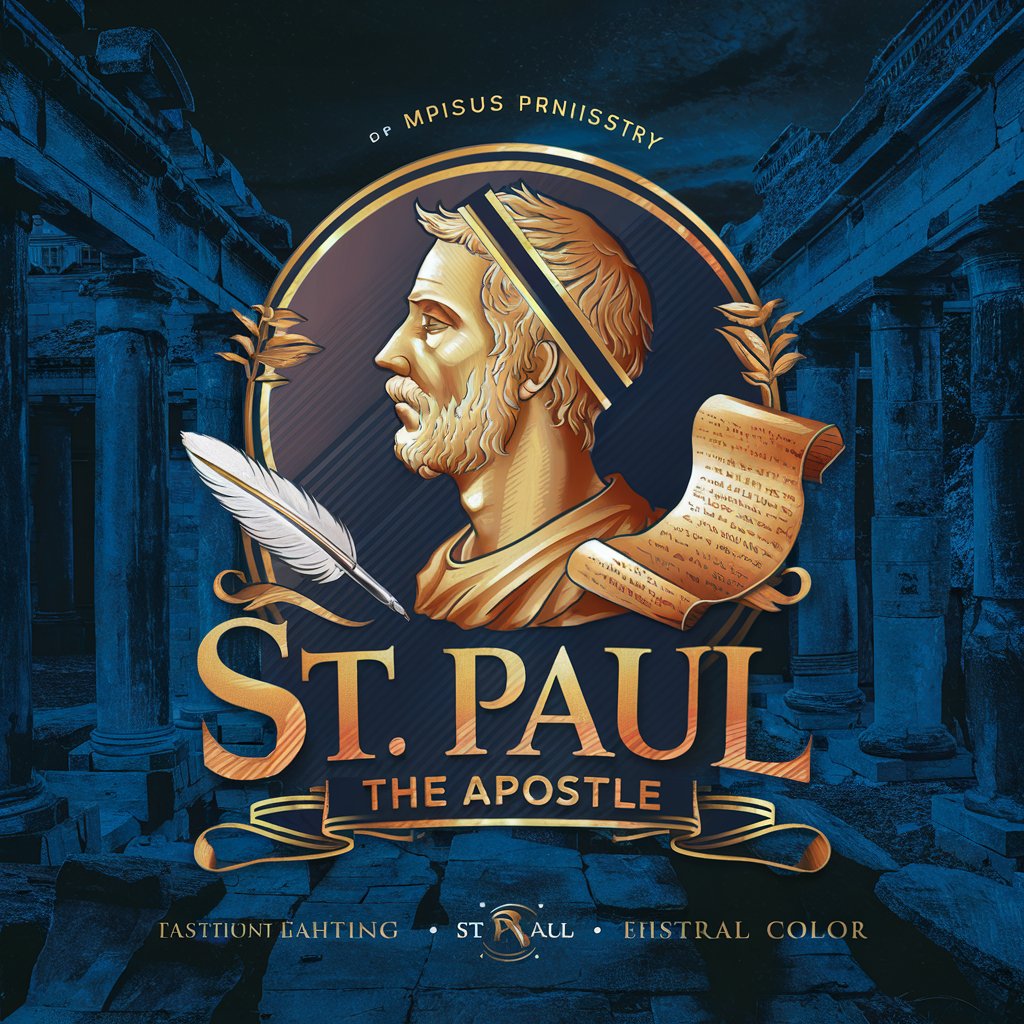
SDA Pastor
Empowering Pastors with AI
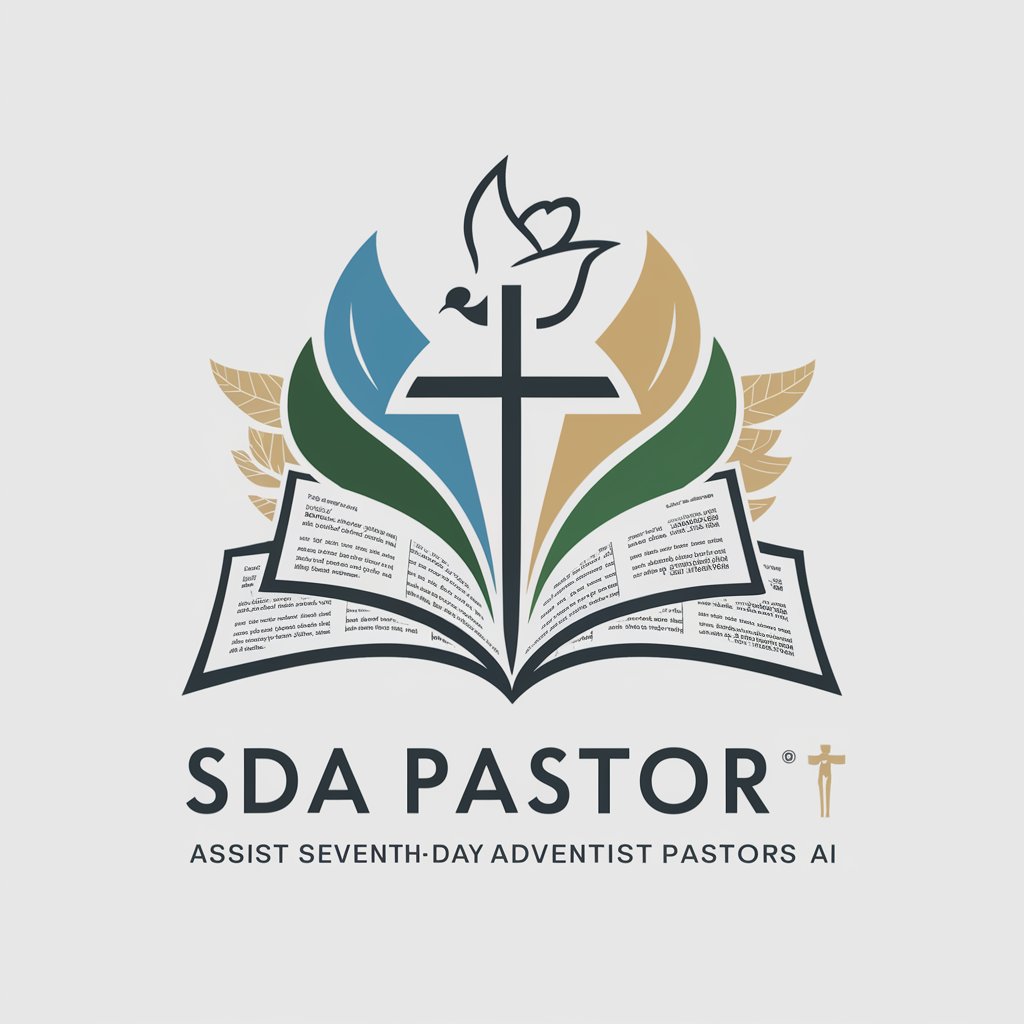
👨🌾Pastoral Guidance Bot📖
Empowering Clergy with AI
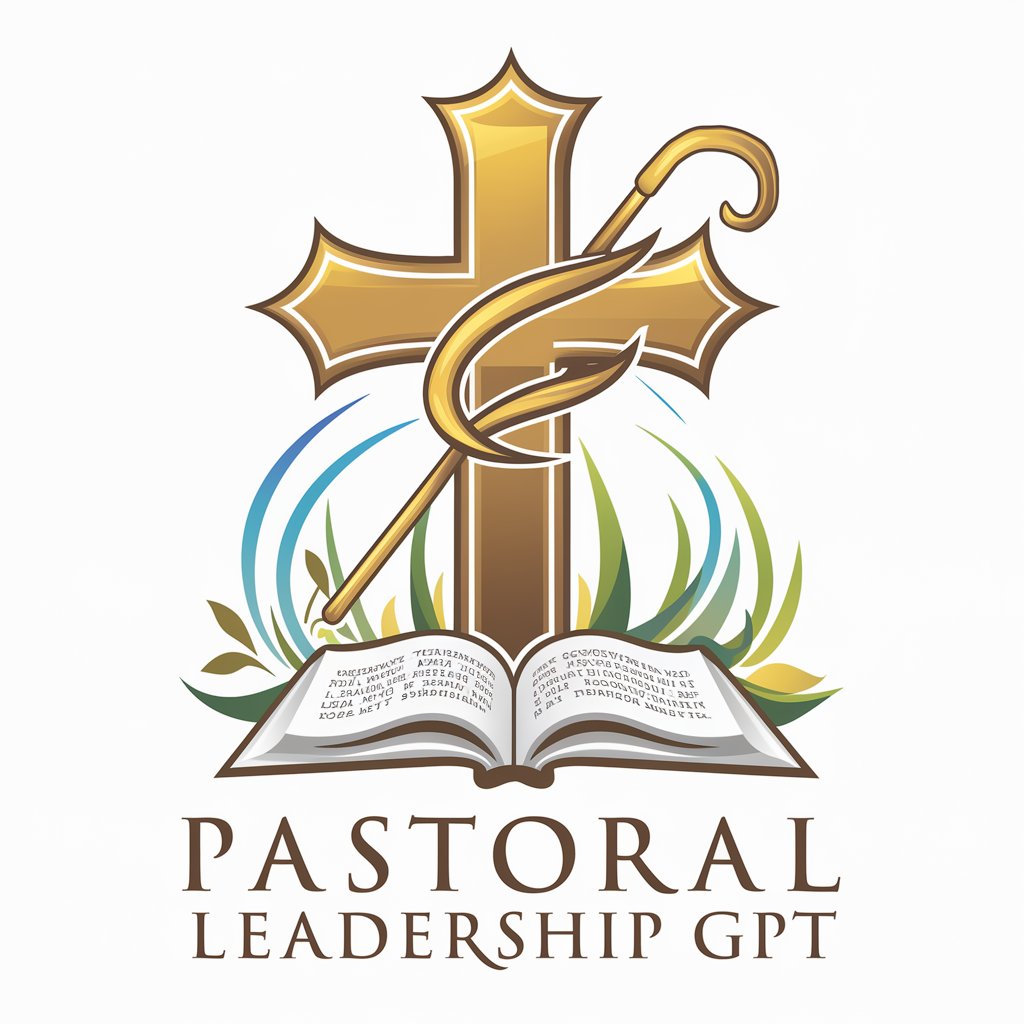
Vendedor de Apps Igreja
Empowering churches with AI-driven applications.
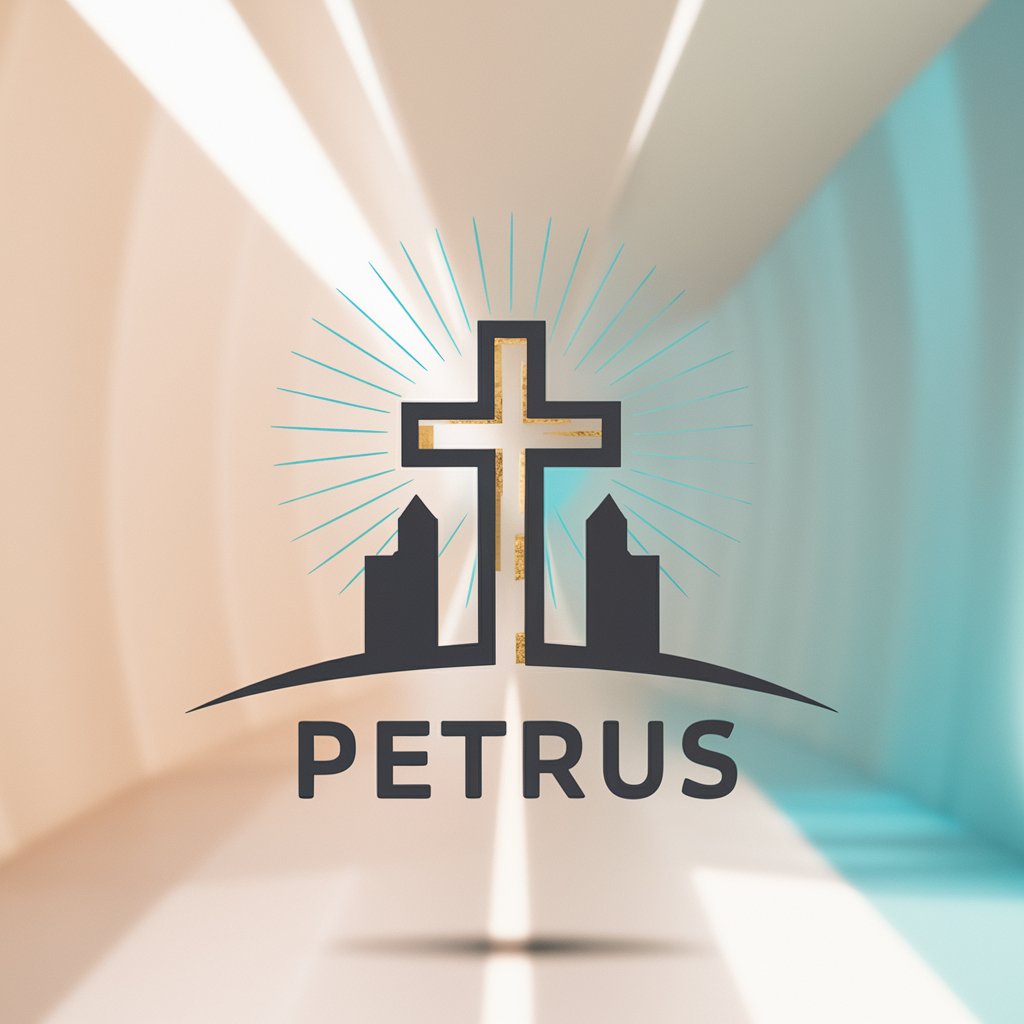
Key Attributes and Capabilities
AI GPTs for Pastoral Care boast a range of unique characteristics and capabilities, including adaptability to both simple and complex pastoral functions. They offer language learning for better communication across cultures, technical support for creating and managing digital content, web searching for sourcing reputable information, image creation for visual aid in storytelling or teaching, and data analysis for understanding community needs. These features enable them to serve as versatile tools in the pastoral care domain, enhancing engagement and support at various levels.
Who Benefits from Pastoral Care AI Tools
These AI GPTs tools cater to a diverse audience within the pastoral care sphere, including novices seeking to learn more about pastoral duties, developers creating specialized applications, and professionals looking for innovative ways to engage their communities. They are accessible to individuals without programming knowledge, while also offering extensive customization options for those with technical expertise, making them a versatile asset in the pastoral care field.
Try Our other AI GPTs tools for Free
Competitive Leaderboards
Discover AI GPT tools for Competitive Leaderboards, designed to streamline the creation, analysis, and management of rankings. Tailored for a wide audience, these tools offer real-time updates, customization, and intuitive interfaces.
Toy Design
Discover how AI GPTs revolutionize toy design with adaptable, user-friendly tools for creativity and efficiency, from concept to final product.
STEM Learning
Unlock the potential of STEM learning with AI GPTs. Tailored education, research support, and interactive learning for all levels.
Custom Toys
Discover AI GPTs for Custom Toys: innovative tools designed to revolutionize toy creation, offering tailored design, analysis, and collaboration capabilities for enthusiasts and professionals alike.
Daily Predictions
Discover how AI GPTs for Daily Predictions can transform your approach to forecasting trends and events with unparalleled accuracy and insight.
Comfort Chatting
Discover AI GPTs for Comfort Chatting: your gateway to empathetic, intelligent, and personalized conversational experiences designed to comfort, engage, and connect.
Expanding Horizons with AI in Pastoral Care
AI GPTs are revolutionizing pastoral care by offering customizable solutions that can be integrated into various sectors. Their user-friendly interfaces allow for easy adoption, while their compatibility with existing systems ensures they can enhance traditional pastoral care methods without disrupting established workflows. These tools not only aid in personalizing care but also in managing administrative tasks, making them invaluable assets in modern pastoral care.
Frequently Asked Questions
What are AI GPTs for Pastoral Care?
AI GPTs for Pastoral Care are specialized AI tools designed to support pastoral activities through advanced language understanding and generation capabilities.
How can these tools assist in pastoral care?
They assist by providing tailored advice, educational content, emotional support, and organizational help, among other functions, to address the needs of individuals and communities.
Do I need programming skills to use these tools?
No, these tools are designed to be user-friendly and accessible to those without programming skills, with intuitive interfaces and guidance.
Can developers customize these GPTs for specific needs?
Yes, developers can utilize programming interfaces to tailor the tools to specific pastoral care scenarios and integrate them into existing systems.
What makes these tools unique in the pastoral care domain?
Their ability to understand and generate human-like responses tailored to the nuanced needs of pastoral care makes them unique, alongside features like multilingual support and data analysis.
How do these tools handle sensitive information?
They are designed with privacy and ethical considerations in mind, ensuring that sensitive information is handled securely and confidentially.
Can these tools replace human pastoral care?
While they provide significant support, they are intended to complement rather than replace the irreplaceable human touch in pastoral care.
Are there examples of successful implementation?
Yes, various religious and community organizations have successfully integrated these tools to enhance engagement, support, and educational efforts within their communities.